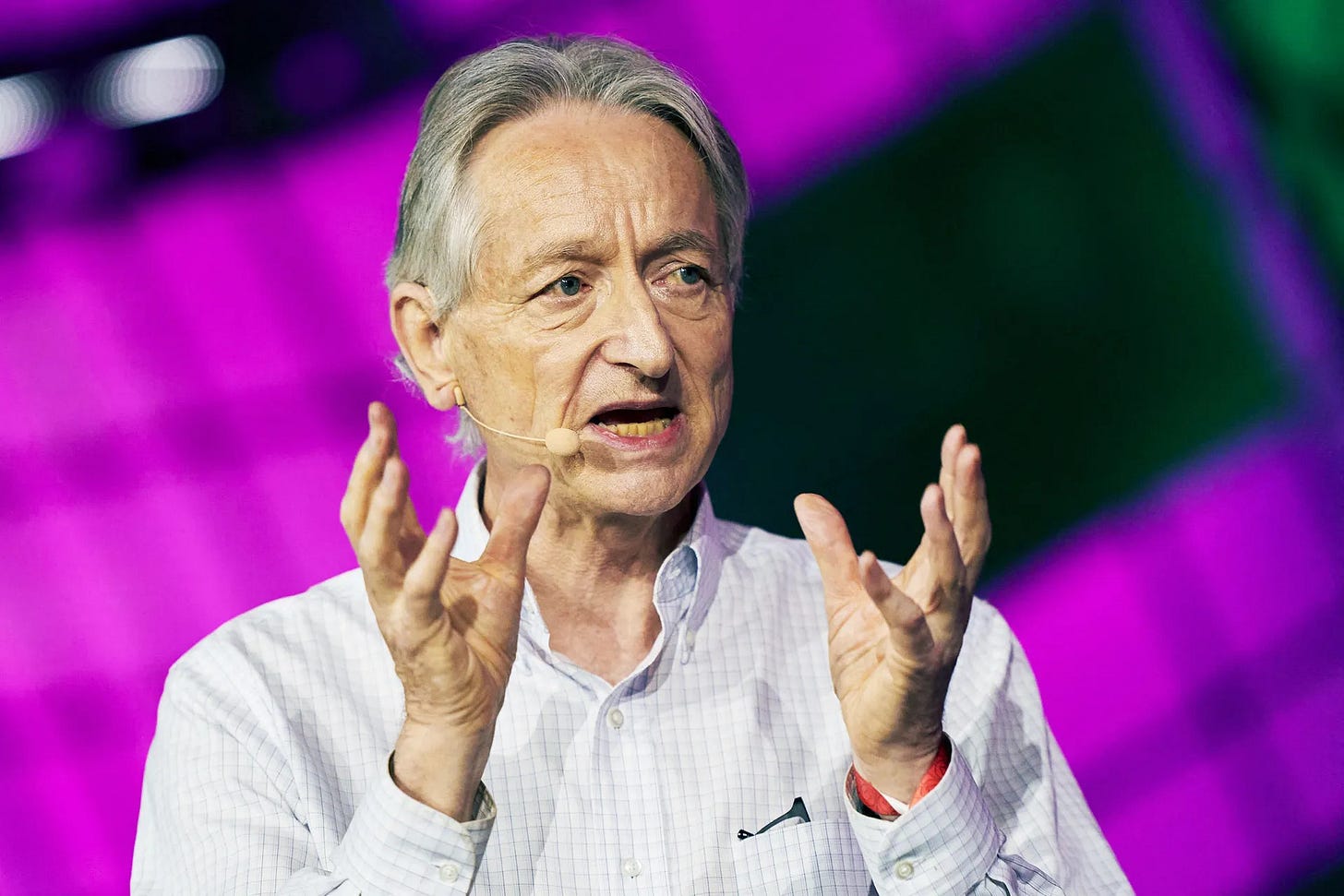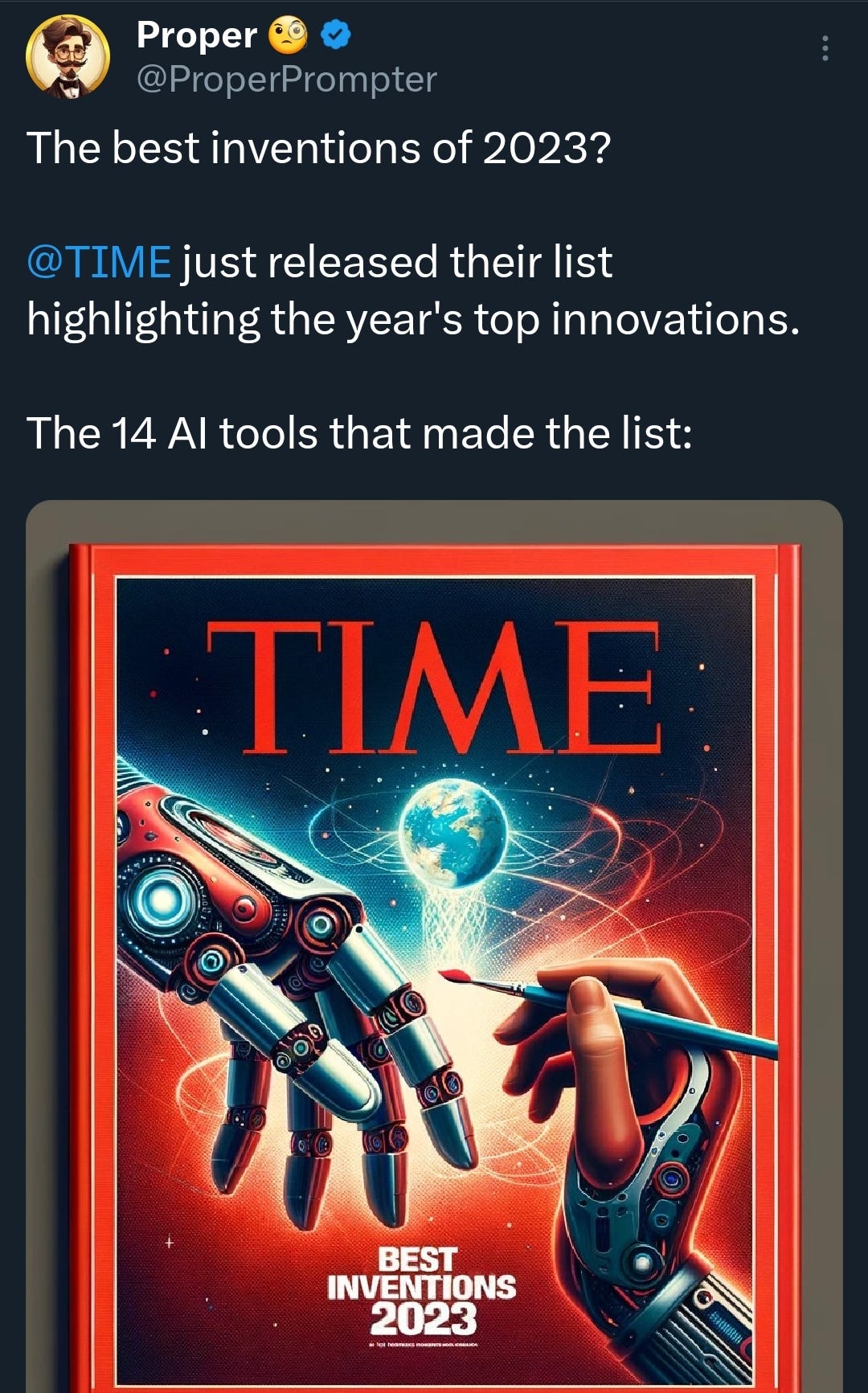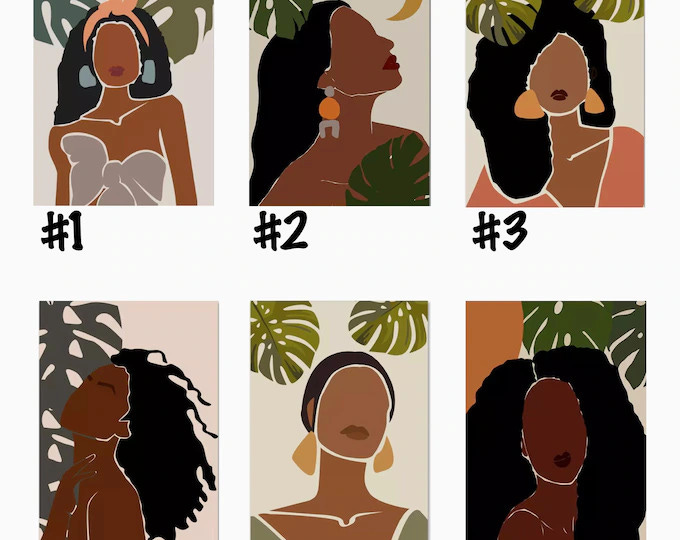The video is from the Globe Summit, an annual conference that focuses on innovation and change.
The session is titled "How Do We Solve AI’s Diversity Problem?"
The 10 Highlights of the Session
The host of the session is Shirley Leung, a business columnist at the Boston Globe and host of the podcast "Say More with Globe Opinion."
The panelists include Dr. Marzia Gasimi (MIT professor in electrical engineering and computer science), Melissa James (founder and CEO of Tech Connection), and Ramon Chaudry Rahman (former director at Twitter, now a responsible AI fellow at Harvard).
The discussion starts with the acknowledgment that AI already has a diversity and inclusion problem.
Dr. Marzia Gasimi explains that AI systems learn from data and often mimic societal biases, leading to problems in AI.
Ramon Chaudry Rahman discusses her work at Twitter, where her team identified and mitigated algorithmic biases in the platform.
The conversation shifts to the importance of intentionally addressing bias in AI and the need for diverse perspectives in tech companies.
Melissa James emphasizes the importance of understanding candidates beyond their skills and focusing on their personalities and abilities.
The discussion touches on the pipeline problem, where underrepresented groups are discouraged from pursuing tech careers from an early age.
The panelists explore ways to create more diverse workforces and the importance of equal access to opportunities in tech.
The audience's questions raise issues of regulating AI, external auditing of AI models, and the potential for personalized career plans and recommendations in the future.
"Achieving diversity in AI isn't a future problem; it's happening now."
— Boston Globe Summit Event
The Boston Globe has a dedicated page for the summit, which includes articles and videos about the event: Globe Summit - The Boston Globe
"Godfather of Artificial Intelligence" Geoffrey Hinton on the promise, risks of advanced AI
Whether you think artificial intelligence will save the world or end it, you have Geoffrey Hinton to thank. Hinton has been called "the Godfather of AI," a British computer scientist whose controversial ideas helped make advanced artificial intelligence possible and, so, changed the world. Hinton believes that AI will do enormous good but, tonight, he has a warning. He says that AI systems may be more intelligent than we know and there's a chance the machines could take over. Which made us ask the question: Does humanity know what it's doing?
" Does humanity know what it's doing?."
- Scott Pelley:
Read the Full Story "Godfather of Artificial Intelligence" Geoffrey Hinton on the promise, risks of advanced AI
Watch the Short Interview from CBS 60 Minutes "Godfather of Artificial Intelligence" Geoffrey Hinton on the promise, risks of advanced AI
Researchers unveil ‘3D-GPT’, an AI that can generate 3D worlds from simple text commands
Researchers from the Australian National University, the University of Oxford, and the Beijing Academy of Artificial Intelligence have developed a new AI system called “3D-GPT” that can generate 3D models simply from text-based descriptions provided by a user.
The system, described in a paper published on arXiv, offers a more efficient and intuitive way to create 3D assets compared to traditional 3D modeling workflows.
3D-GPT is able to “dissect procedural 3D modeling tasks into accessible segments and appoint the apt agent for each task,” according to the paper. It utilizes multiple AI agents that each focus on a different part of understanding the text prompt and executing modeling functions.
“The system was tested on prompts like “a misty spring morning, where dew-kissed flowers dot a lush meadow surrounded by budding trees.” 3D-GPT was able to generate complete 3D scenes with realistic graphics that accurately reflected elements described in the text.”
- The Verge
Read Full Article Researchers unveil '3D-GPT', an AI that can generate 3D worlds from simple text commands (venturebeat.com)
TIME: THE BEST INVENTIONS OF 2023
200 innovations changing how we live
Here is a great X/Twitter thread tutorial breakdown (with graphics) of all of the AI Inventions that were included on the list. See the link for the thread below
Click Here https://x.com/ProperPrompter/status/1717143020070469846?s=20
Read Time Article Here: The 200 Best Inventions of 2023 | TIME
New Canva Magic Studio
*Canva has recently launched a new suite of AI-powered design tools called Magic Studio. The Magic Studio is designed to make content creation more efficient and effortless by automating tedious tasks and providing new features that can help users design better and quicker.
Here are some of the new tools that Canva’s Magic Studio offers:
Magic Switch: This is an industry-first offering that instantly converts designs into a range of formats with one click .
Magic Media: This tool has text-to-image and text-to-video functionality that can turn text into engaging photos and videos. With its latest update, it also offers a wide range of new style options for any result .
Magic Design: This tool helps you create custom, on-brand, and attention-grabbing content in seconds. You can describe what you’d like to see or upload your media, and Magic Design uses AI to craft professional presentations, videos or social posts .
Magic Write: This tool helps you find the right words quickly and easily. It uses AI to suggest words and phrases that fit your content .
Read Here: Canva's new Magic Studio goes all-in on generative AI (fastcompany.com)









